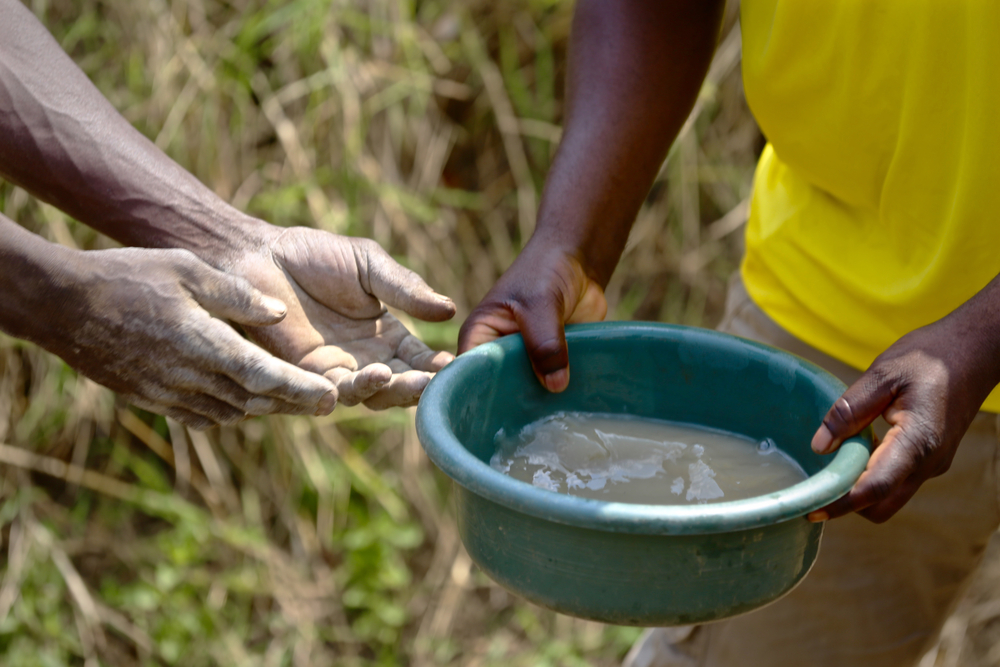
Facing a Cholera outbreak in Mozambique that has gone on since Aug. 14, 2017, the World Health Organization (WHO) has committed a great many resources, but now, they are also calling for nationwide improvements.
Since the start of the outbreak–an annual occurrence in Mozambique–1799 cases have been identified and one person has died from cholera. This said, WHO notes that both the number of cases and deaths have been underreported. Cases began decreasing following a peak in November 2017, but then began to rise and spread again in late December.
WHO was notified in October of last year and rapidly deployed–with its partners–resources to coordinate responses, assess the situation, train locals in both case management and detection, provide treatment centers with medication, as well as improve water quality and sanitation. Yet they are also mobilizing socially, trying to warn residents of the danger and mobilize them against it, and improve risk communication over all. UNICEF, Médecins Sans Frontières (MSF), and the Red Cross have all joined the WHO for a weekly coordination meeting of these activities alongside the Mozambique Ministry of Health.
Yet the WHO warns that the risks are high and ongoing, despite their best efforts. A lack of communication and flooding has complicated matters, with a shortage of potable water and water contamination spreading.
As a result, going forward, they have recommended improvements to safe water access, sanitation systems, and national hygienic practices. They seek a reinvigorated surveillance system, greater case management access and the creation of a national capacity to detect and respond to outbreaks–quickly. They also desire oral cholera vaccines to at least be considered for use. Despite all this, they have rejected restrictions to travel or trade with Mozambique, noting that if the hygienic and sanitation practices especially were enacted, cholera would likely be contained.




